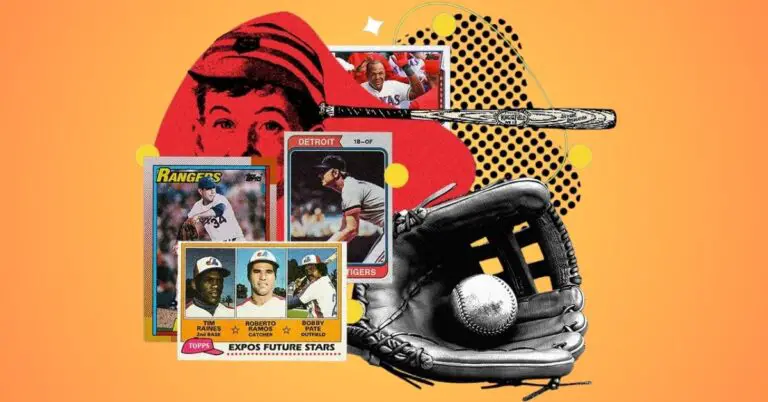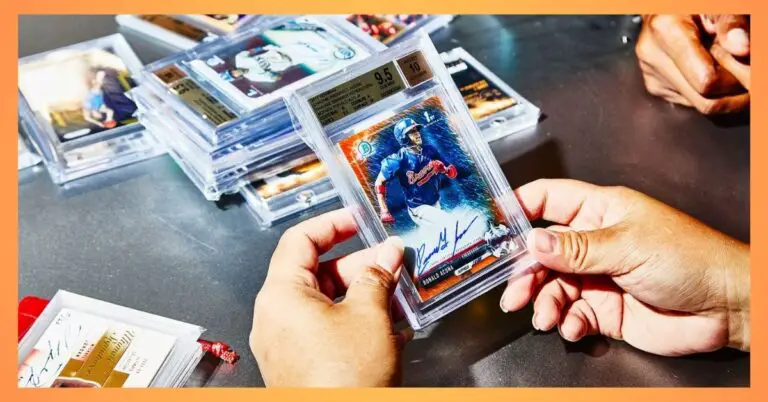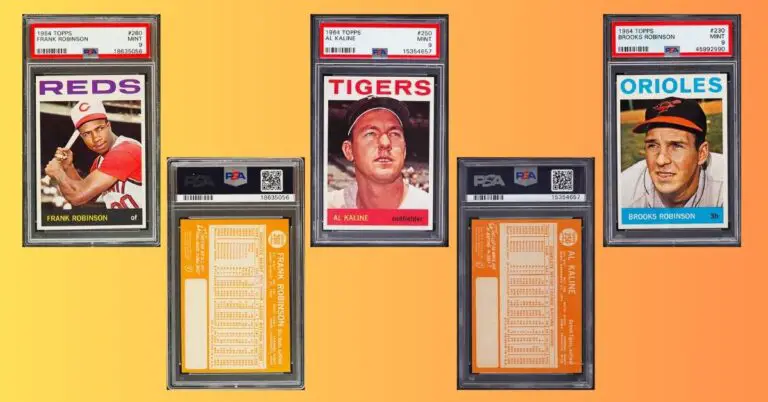What are Unlicensed Sports Cards? | Best Guide
In the busy world of sports memorabilia, collectors are always looking for rare items to complete their collections. One interesting trend is unlicensed sports cards. But what are unlicensed sports cards? These trading cards feature popular athletes and memorable moments but lack official approval from leagues, teams, or player associations.
This raises questions about authenticity, value, and collecting in a brand-focused era. Let us explore how unlicensed sports cards find their own place alongside traditional licensed cards.
What are Unlicensed Sports Cards?
These cards attract collectors seeking unique pieces without official league approval. Competing with big brands like Panini and Topps, they provide a refreshing alternative.
Online platforms facilitate the buying and selling of these exclusive items, appealing to those wanting distinct additions to their collections.
The Most Notable Example: Panini Baseball Cards
Panini baseball cards have transformed the landscape of sports memorabilia since securing their panini MLB license, leading in a new era for collectors and fans alike. By integrating innovative designs with printing technology.
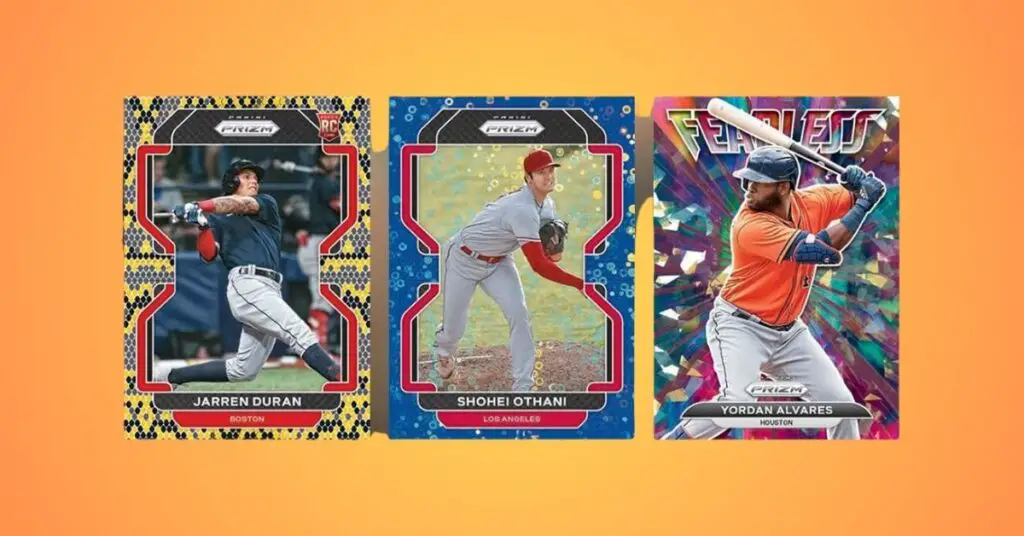
Each card serves as a time capsule, commemorating crucial moments and iconic players, making them highly sought after by both seasoned collectors and newcomers to the excitement of card collecting.
Most Notable Examples : Panini Baseball Cards
- Generic Uniforms and Imagery:
- Artistic Designs and Themes:
- Focus on Player Popularity and Performance:
- Special Features and Collectibles:
- Licensing Through Players’ Associations:
Generic Uniforms and Imagery:
Panini baseball cards have changed the trading card world by using generic uniforms and images. Unlike traditional cards that show well-known team logos and colors, Panini takes a neutral approach.
They focus on the players’ skills instead of team branding. This lets collectors appreciate each athlete’s talent without being influenced by their team.
Artistic Designs and Themes:
These cards stand as a remarkable fusion of art and nostalgia, captivating collectors and fans alike with their striking designs and themes. Each card is not a piece of cardboard; it is a canvas that tells the story of the sport with colorful imagery that highlights not just the players but also key moments and iconic franchises.
Panini has continuously innovated by incorporating holographic effects, patterns, and unique textures that enhance their visual appeal, drawing in both seasoned collectors and newcomers to own a piece of history.
Focus on Player Popularity and Performance:
Such cards have redefined the landscape of sports collectibles by growing player popularity and performance metrics in their designs. This dynamic approach to collectors and fans alike, allowing them to connect with players.

They can determine a player’s current form and potential growth through designed inserts featuring statistics, milestones, and achievements.
Special Features and Collectibles:
They offer cutting-edge technology, such as holographic images and expanded reality that captivates collectors alike.
With difficult designs and a focus on the players’ personalities, Panini has successfully transformed baseball cards into dynamic pieces of art that tell a story beyond simple statistics.
Licensing Through Players’ Associations:
Panini baseball cards demonstrate the landscape of sports collectibles, particularly through their innovative licensing arrangements with players’ associations.
This approach allows them to feature not only current superstars but also retired legends, enriching the narrative of each card and appealing to a broader audience of collectors.
What about Leaf Trading Cards?
The Leaf Card brand has carved out a unique corner in the sports card market, especially with its focus on innovation and creativity. Unlike many mainstream brands that count heavily on established leagues like the NFL or NBA, Leaf leans into licensing opportunities that allow it to feature up-and-coming players, college athletes, and even retired legends outside of traditional licensing constraints.
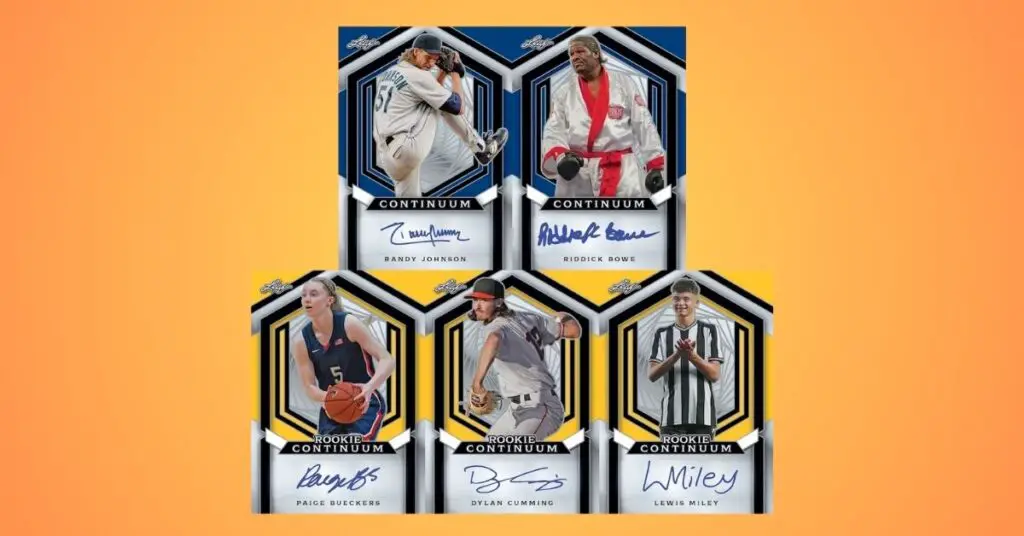
This means collectors often find hidden gems within Leaf’s offerings that might not be available from competitors like Panini, which holds exclusive MLB licenses for official player images and memorabilia.
ARE Unlicensed Sports Cards Worth Collecting?
Unlicensed sports cards are often seen as less valuable than licensed ones, like Panini’s MLB cards. However, they are unique and affordable. Collectors can discover rare designs that major brands don’t provide, allowing them to create a collection that reflects their personal style instead of just following trends. Online platforms now make it easier for collectors to trade or sell unlicensed cards.
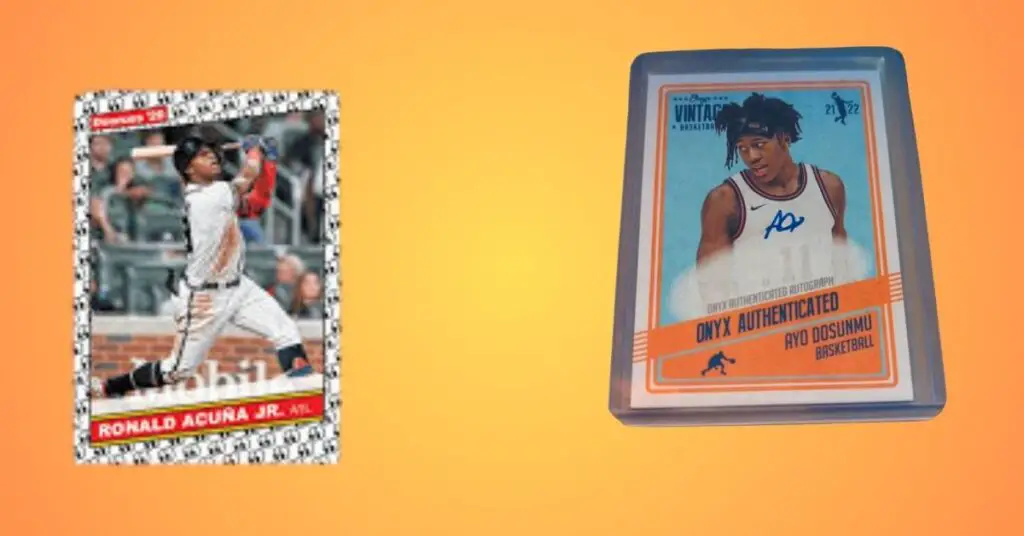
- A Spotlight on Emerging Talent:
- Artistic Freedom and Innovation:
- Autographs, Memorabilia, and More:
- An Accessible Entry Point:
- The Rarity Factor:
- A Personalized Collecting Experience:
A Spotlight on Emerging Talent
Unlicensed sports cards may not carry the same brand recognition as their licensed counterparts, but they often present a unique perspective on emerging talent.
Collectors looking to diversify their portfolios should consider that these unlicensed cards can highlight players who are flying under the radar, offering potential future stars before they scrambled up to mainstream glory.
Artistic Freedom and Innovation
These cards offer a unique blend of artistic freedom and innovation that can excite collectors beyond traditional boundaries. Without the constraints of official licensing agreements, artists and creators can experiment with imaginative designs, unconventional themes, and fresh interpretations of athletes.
This approach often leads to collectible pieces that break from the mold, attracting collectors who appreciate
Autographs, Memorabilia, and More
These unlicensed cards, which often feature standardized designs and branding, unlicensed cards frequently offer unconventional artwork or limited production runs that can appeal to the collectors.
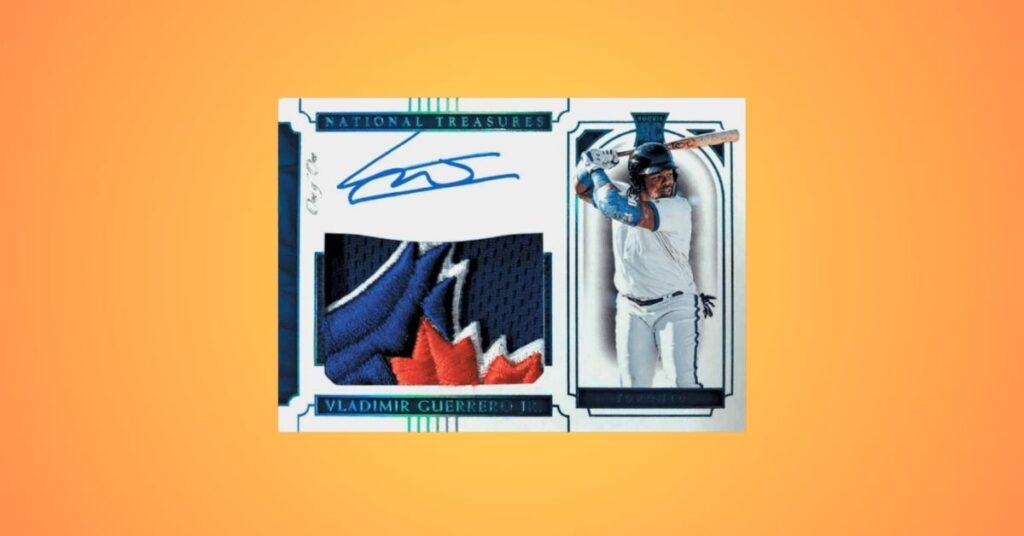
This creative freedom allows artists and brands to explore innovative themes, providing an avenue for personal expression that official merchandise often lacks.
An Accessible Entry Point
These cards have become an intriguing option for collectors looking to diversify their portfolios. Unlike their licensed counterparts, which typically feature authentic logos and player images permitted by leagues, unlicensed cards often offer a unique aesthetic through unconventional designs and creativity.
This distinctiveness not only appeals to certain collectors but also highlights the artistic aspect of card collecting that can be overlooked in more mainstream options.
The Rarity Factor
These cards are often produced in limited quantities or create unique designs that stand out in a sea of licensed options. As a result, some unlicensed cards can achieve collector status purely based on their scarcity and distinctive artistry.
Enthusiasts may find joy in tracking down these rare pieces, as each card tells a story that isn’t just about logos or endorsements but taps into grassroots appreciation for the sport or athlete.
A Personalized Collecting Experience
Unlicensed sports cards often provide a unique and personalized collecting experience that can resonate deeply with fans. These cards aren’t bound by strict branding guidelines, allowing artists and manufacturers to explore creative designs, unconventional player imagery, and fresh storytelling techniques.
This freedom sparks a charm that appeals to collectors looking for something different.
Conclusion:
What are Unlicensed sports cards? These are collectible cards that do not have official licensing from Panini baseball cards have revolutionized the trading card landscape, particularly with their unique enclose of generic uniforms and imagery.
These cards that often feature highly recognizable team logos and colors, Panini opts for a more neutral approach, focusing on player highlights more than branding. This decision allows collectors to appreciate the individual talents of athletes without the overlook influence of team affiliation.
FAQs
What is the Difference Between Refractor Sports Cards and Unlicensed Sports Card?
Refractor Sports Cards Later releases have confirmation of a Refractor on the back of the card in the form of either an R or the word ‘Refractor’ printed, usually, beside or beneath the card number
Are there Any Legal Issues Associated with Buying/Selling Unlicensed Sports Cards?
It is important to be aware of potential copyright infringement issues when dealing with unlicensed sports cards, as they may violate intellectual property rights.
How can I Determine the Authenticity of an Unlicensed Sports Card?
To verify the authenticity of an unlicensed sports card, it is recommended to research the manufacturer and look for any identifying marks or characteristics unique to the card.
Are there Any Risks Associated with Collecting Unlicensed Sports Cards?
Collecting unlicensed sports cards carries inherent risks such as counterfeit products, low resale value, and potential legal complications due to lack of licensing agreements.
What should I Consider before Investing in Unlicensed Sports Cards?
Before investing in unlicensed sports cards, consider factors such as market trends, potential for future value appreciation, and your own personal interest in collecting non-licensed memorabilia
.


